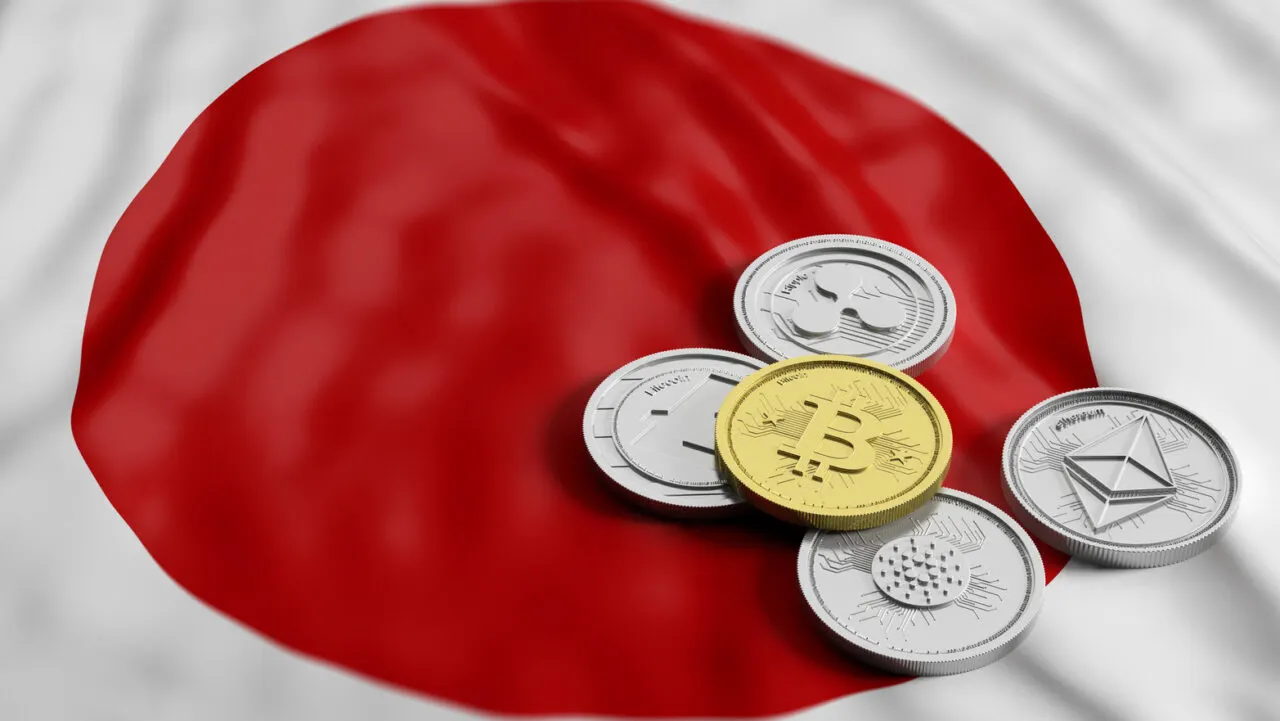Japan’s National Tax Agency (NTA) has updated its corporate tax regulations, bringing clarity to the treatment of cryptocurrencies. Under the new rules, unrealized gains from crypto assets issued by companies will no longer be subject to the current 30% corporate tax, according to a notice released last week.
As explained by the NTA, crypto assets will be excluded from a company's asset valuation based on market value if certain conditions are met.
More specifically, to benefit from the new tax exemption, a company must hold the coins continuously after the issuance, while the crypto asset itself is subject to transfer restrictions.
Until recently, Japanese companies were required to pay a set 30% corporate tax rate on holdings even if they haven’t realized a profit through a sale, according to Tokentax. This rule has been criticized for burdening crypto companies and impeding blockchain innovation, reportedly leading some entities to relocate abroad.
One of those companies is Web3 infrastructure developer Stake Technologies Pte., which moved from Japan to Singapore in 2020, with CEO Sota Watanabe last year telling Bloomberg that should Japan’s government change the corporate levy, he would like to bring the company back to his home country.
ひとまず僕らの次に続くAstarみたいなことをやりたい人たちが国外に出なくてもできるようになった。今後も政治家•当局の方々と建設的な議論を重ねていきたい。次は他社発行トークンを法人で持つことの期末課税がプロジェクトの国内進出と国内プロジェクトの足枷なのでなんとかしたい(してほしい) https://t.co/v64lEx2XSU
— 渡辺創太 @Startale Labs (@Sota_Web3) June 23, 2023
Watanabe, who is also known as the founder of the Polkadot-based smart contract platform Astar Network, welcomed the change as something that will help keep Japan's crypto companies from relocating overseas—although insisting that the tax relief should also be extended to holdings of tokens issued by other companies to allow for the expansion of domestic projects.
“For the time being, people who want to do something like Astar [...] can now do it without leaving the country,” Watanabe said on Twitter last week. “I would like to continue constructive discussions with politicians and authorities. Next, I would like to do something about the end-of-term taxation of holding tokens issued by other companies as a corporation, as it is a hindrance to the domestic expansion of projects and domestic projects.”
Japan's crypto opportunity
The revision to Japan’s corporate tax regulations come as the crypto industry faces increasing regulatory pressure in the United States, with the U.S. Securities and Exchange Commission (SEC) recently slapping both Binance and Coinbase with lawsuits alleging that both crypto exchanges offered unregistered securities.
Earlier this month, the SEC chair Gary Gensler said that the crypto industry’s entire business model is “built on non-compliance,” adding that, “We don’t need more digital currency.”
Given the uncertain conditions in the U.S., some Japanese crypto industry stakeholders see an opportunity to attract talent and investment to Japan.
“The U.S. regulators are increasingly tightening controls, but that doesn’t mean the same things will happen in Japan,” Noriyuki Hirosue, CEO of Tokyo-based crypto exchange Bitbank, told The Japan Times.
Notably, Japan has also implemented a legal framework specifically addressing stablecoins—virtual tokens that maintain stable prices by being backed by traditional fiat currencies or commodities, unlike other volatile cryptocurrencies.
The revised Payment Services Act, which recently came into effect, allows for the use of registered stablecoins as a means of payment. This regulatory update enables the practical use of stablecoins within the country, providing a clear legal framework for businesses and individuals engaging in stablecoin transactions.
“In terms of regulations for stablecoins, Japan is clearly ahead of other countries,” Noritaka Okabe, the CEO at the Tokyo-based stablecoin issuer JPYC, told The Japan Times.

